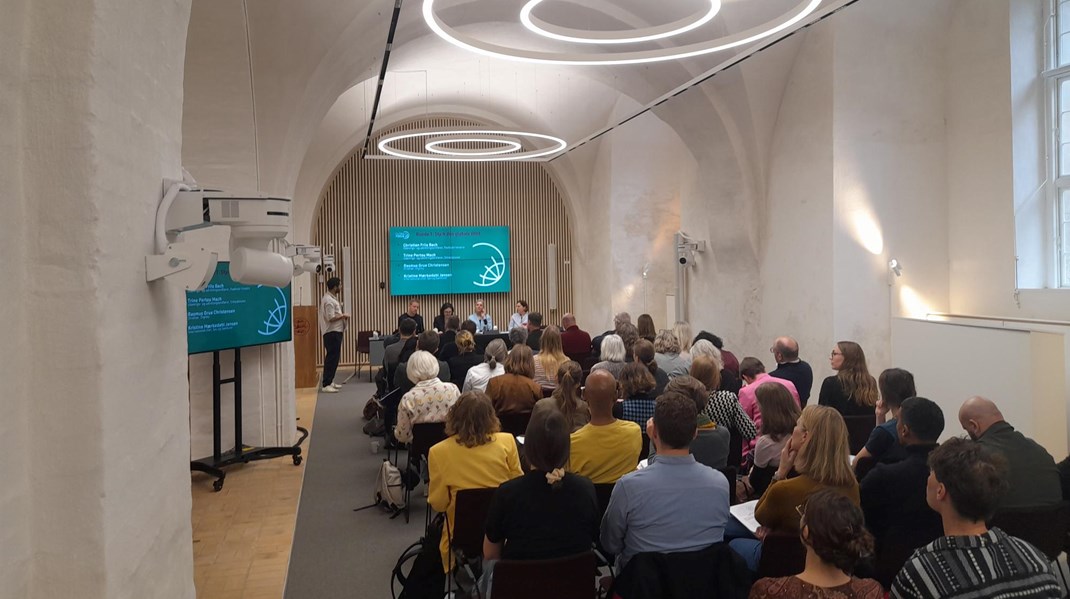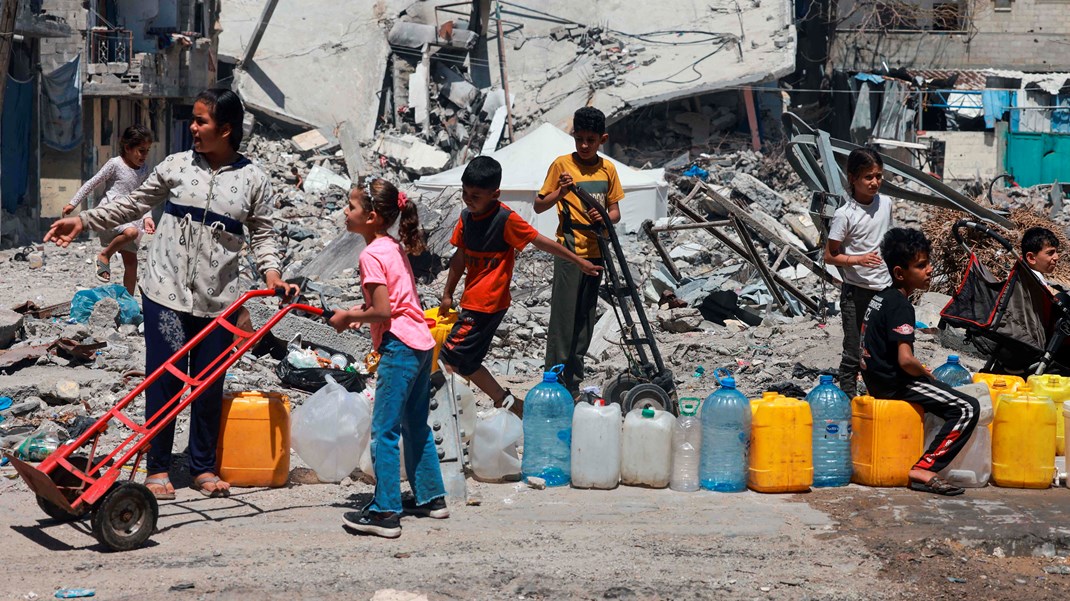Emergency Response Fund releases US$26.5 million for life-saving assistance in Sudan
New York, 11 April 2019: Under-Secretary-General and Emergency Relief Coordinator Mark Lowcock today released a $26.5 million Rapid Response allocation from the UN’s Central Emergency Response Fund to provide lifesaving food, livelihood, nutrition, health, water and sanitation assistance to over 800,000 people affected by a worsening economic crisis and food insecurity across seven states in Sudan over the next six months.
“The economic crisis has had knock-on effects on the wider humanitarian situation that go beyond food insecurity. Higher food prices mean that families are eating less nutritious food and more young children and pregnant women are getting sick. Families struggle to afford even limited medical treatment. With jobs lost, they are also being forced to pull their children out of schools,” said Mr. Lowcock.
The CERF allocation will target internally displaced people, refugees, host communities, and vulnerable residents in areas with some of the largest increases in food insecurity, including in East, North, South and West Darfur, Red Sea, West Kordofan and White Nile states.
Food insecurity has increased in Sudan with 5.8 million people projected to be food insecure between January and March, a significant increase from 2018, while the numbers are likely to rise further in the lean season from May.
Protection services will also be prioritised targeting the specific needs of children and women, and the vulnerable including people living with disabilities and those with chronic health conditions.
“The funds will help aid organizations ramp up the treatment of severe and moderate acute malnutrition among young children and pregnant women, provide safe drinking water, and repair and construct essential sanitation and hygiene facilities to mitigate preventable diseases,” said Mr. Lowcock.
The allocation will also boost essential medical services and maternal, child and reproductive healthcare for 320,000 people, including through the distribution of medical supplies and equipment for 65 health facilities and the training of healthcare professionals and community health volunteers.
Farmers and herders in targeted areas will also receive emergency agricultural and livestock inputs and training to improve food and livestock production for over half a million people.
While the CERF allocation will be complemented by a $21 million contribution from the Sudan Humanitarian Fund, overall funding remains insufficient to meet the growing level of needs across Sudan. In 2019, the UN will seek $1 billion to assist 4.4 million of the most vulnerable people in Sudan.
While violence has also significantly reduced across the country, 1.9 million people remain displaced, and Sudan is hosting 1.2 million refugees mainly from South Sudan.
CERF pools contributions from donors around the world into a single fund allowing humanitarian responders to deliver life-saving assistance whenever and wherever crises hit. On average, more than half of CERF-funded humanitarian action addresses the needs of women and girls.
For further information, please contact:
Russell Geekie, UNOCHA Spokesperson: [email protected], Tel. +1 212 963 8340
Ann Weru, Public Information Officer: [email protected] , Tel. +1 917 367 7094


